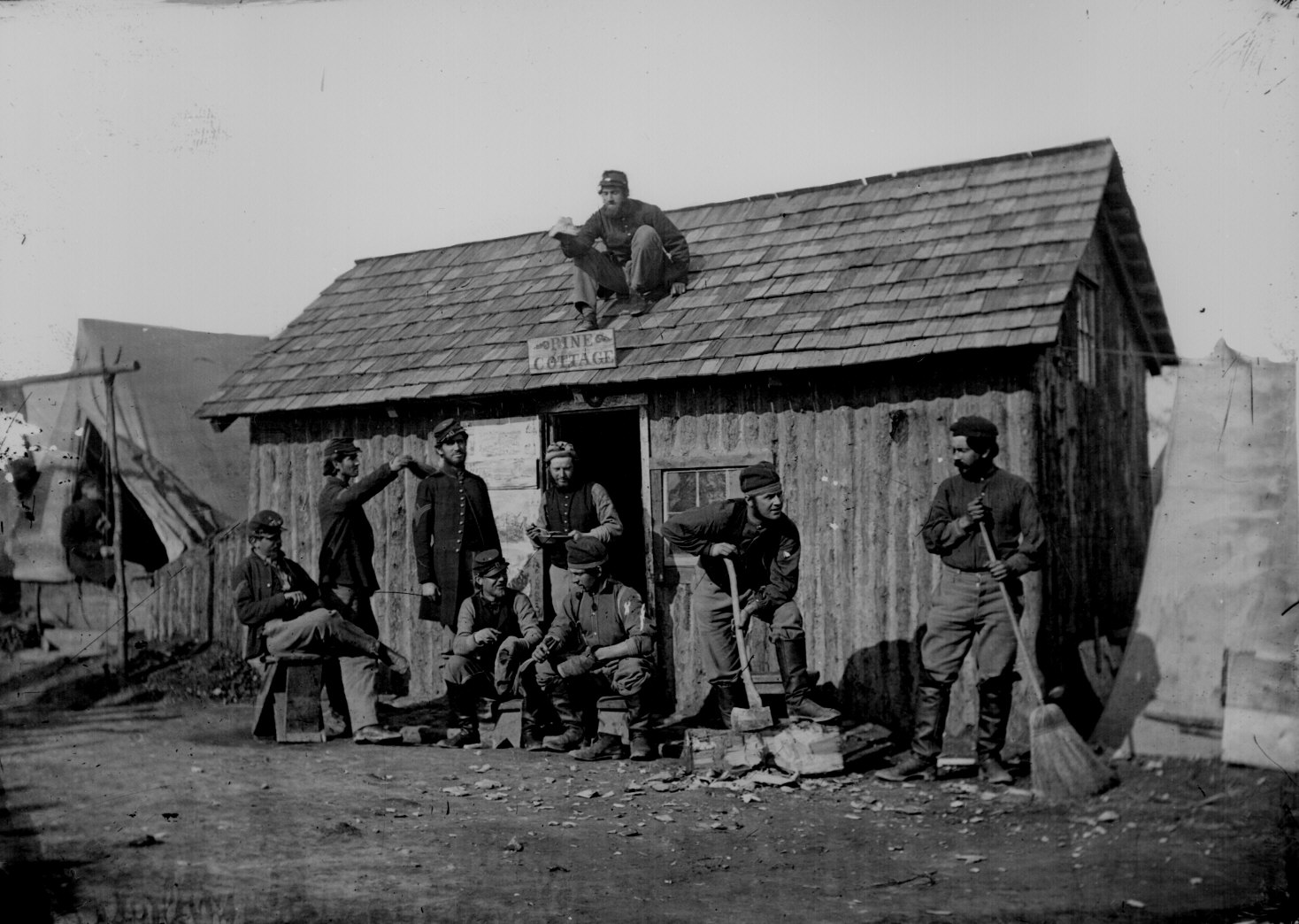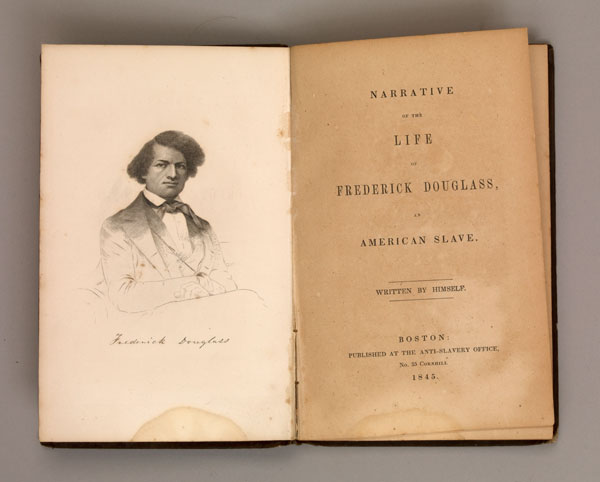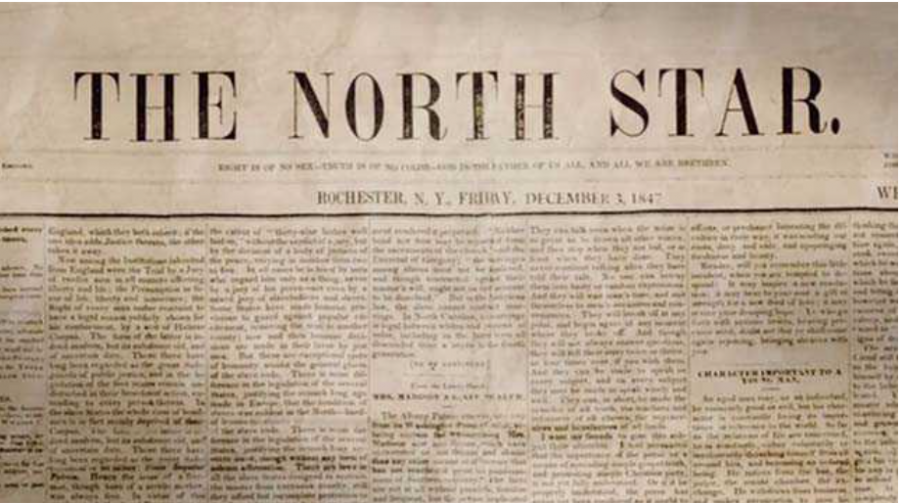Rollercoaster of Emotions
Good Night and Good Luck is a film that follows the journalist Edward R. Murrow and his team on the show, "See It Now," as they openly denounce the actions of Wisconsin Senator Joseph McCarthy. Working closely with Fred Friendly, his producer, and the reporter, Joseph Wershba, Murrow decides to criticize McCarthy's actions despite CBS (the network the show played on), not liking this idea.
Despite multiple warnings from executives, sponsors, and even some Colonels, Murrow and his team run the story about McCarthy and even offer an opportunity for him to respond to the accusations. He takes the show up on the offer and calls Murrow and his colleagues communists. At the midpoint of the movie, this seems to be the worst that can happen to the journalists.
 |
| Taken from Roger Ebert's website. The two actors playing Fred Friendly and Edward Murrow. |
Censorship and Journalists
It's hard to not connect this back to how reporters were silenced during the Civil War. As mentioned before, it happens any time there is a national security threat to our nation. The censorship of the press is a reoccurring theme for the story of the United States. It is a transhistorical theme. Taking a look into America's past shows time and time again the restriction of the press during historical periods is something that has not let up since the beginning of our country.
McCarthy was on a true witch-hunt when it came to accusing anybody of being a communist. His fear surpassed his need for the truth, as he often would never have significant evidence of someone being a communist when he accused him. But, his fear that someone could be a communist and attack him/the government/America outweighed any effort to find the truth.
McCarthy's fear reminds me of the fear Americans had towards anyone who could be a terrorist after the attacks on 9/11. Granted, I was a month shy of being four years old when the twin towers fell, so I can't tell you about the media immediately after the tragedy. But, I can tell you about growing up in my hometown and watching people judge anyone who wasn't white, a Christian, and a patriot. The judgment that followed any person with brown skin, or a headscarf, or practiced Islam was heavy after 9/11 and has only let up a little since that day in 2011. I imagine McCarthy held the same judgment towards those who "looked or acted" like a communist.
Same Victim, Different Eras
When the country is in danger, it's easy to find someone to blame for causing that fear. Instead of targeting communists, or Muslims, or confederates, citizens of the United States have turned their sights on the media.
With COVID-19 arriving in January of this year, the public has had a bird's eye of view of the government reacting to the virus and to the media. Warnings came fast from China and Italy about the havoc that the virus could cause. In a story posted on March 19, 2020, The New York Times explains that deaths from Italy have surpassed China because Italy chose not to shut down their country like China did.
Less than a month before the NYT article came out (February 28), at a rally in my home state of South Carolina, Trump told the guests that the COVID-19 pandemic was actually a hoax. But, the media didn't let up on producing stories and statistics about the harmful effects the virus would bring to America.


Yet, Trump would often criticize reporters that would mention his lack of concern about the virus compared to how he acts now by claiming the virus is a pandemic and something to be concerned about. It's hard to not be concerned when the numbers are alarming.
What is the public supposed to believe when the president of our nation is saying one thing and the media saying another? Trump has single-handedly turned the press into a villain, simply because most of the press contradicts what he says. It isn't just CNN shining light on the lack of knowledge Trump has. It's a sum of networks that don't care if people on Facebook are blaming the media for causing panic about the virus. Journalists shouldn't be fearful of the leader of their country because he has the ability to chastise reporters in front of their peers and the public.
Who wouldn't be afraid to question Trump's contradictory statements when the president reacts like that in the story above? To a degree, journalists are experiencing the chilling effect due to Trump criticizing any reporter who questions him and his knowledge.
Trump is forgetting that the media can break or make a person though. Without the influence from "See It Now," would the US Senate have investigated McCarthy? Without the influence of the media, would Trump have taken the virus more seriously? The media influences everyday decisions that the public makes, including decisions on who to elect to represent them. Trump needs to keep in mind that the government only gets its power from the people. The media is the messenger when it comes to the government and without it, who knows where the government would be?
Murrow makes a great point during a speech in 1958 about the power of the television. He says that if it isn't used to teach or to inspire people, then "Otherwise, it is merely wires and lights in a box." More than half a century later, I think the media has done just that. The media has educated and inspired people. As I enter the real world in just a couple of days, I hope I too can inspire and educate to the extent that Edward Murrow did.









